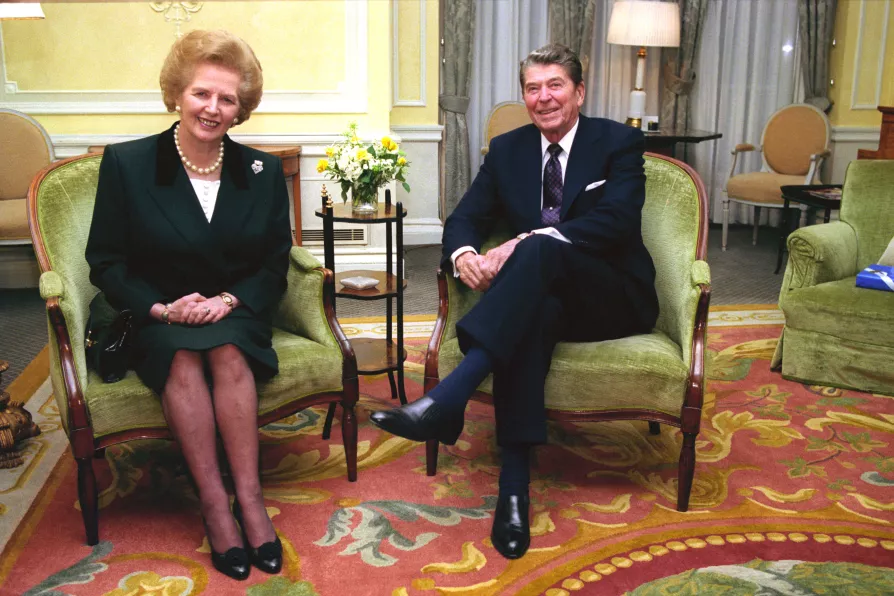The Carpathia isn’t coming to rescue this government still swimming in the mire, writes LINDA PENTZ GUNTER

 The IEA is a big fan of the free-market economic policies of Margaret Thatcher and Ronald Reagan
The IEA is a big fan of the free-market economic policies of Margaret Thatcher and Ronald Reagan
THE Conservatives know they badly need a positive message. The Tories can feel Labour’s challenge growing. The ongoing grind of austerity is opening up voters to Corbyn’s message of radical change.
The purely negative messages the Tories wanted to rely on — Corbyn is a communist, an anti-semite, a nazi, a terrorist lover, etc — aren’t working.
So many Conservatives are looking for positive messages and a new generation of MPs to deliver them. From the right of the party Liz Truss thinks a new think tank called Freer will help.

Starmer sabotaged Labour with his second referendum campaign, mobilising a liberal backlash that sincerely felt progressive ideals were at stake — but the EU was then and is now an entity Britain should have nothing to do with, explains NICK WRIGHT

The left must avoid shouting ‘racist’ and explain that the socialist alternative would benefit all













